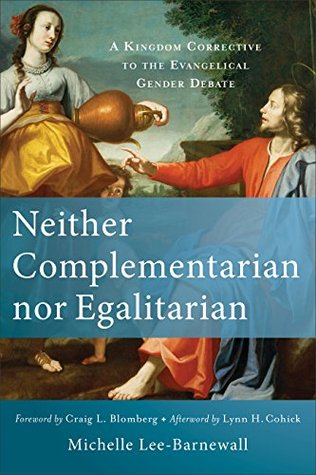While complementarians and egalitarians may argue over, for example, whether women’s place is primarily in the home or whether they should have equal opportunity for public leadership roles, this era saw a blurring of the private versus public distinction precisely because women’s domesticity meant that they had a duty to bring their domestic values to influence the corrupt larger society. Women did not argue for their “right” to public ministry as much as they felt compelled and were urged to act because of their superior moral and spiritual nature.
Welcome back. Just a moment while we sign you in to your Goodreads account.


